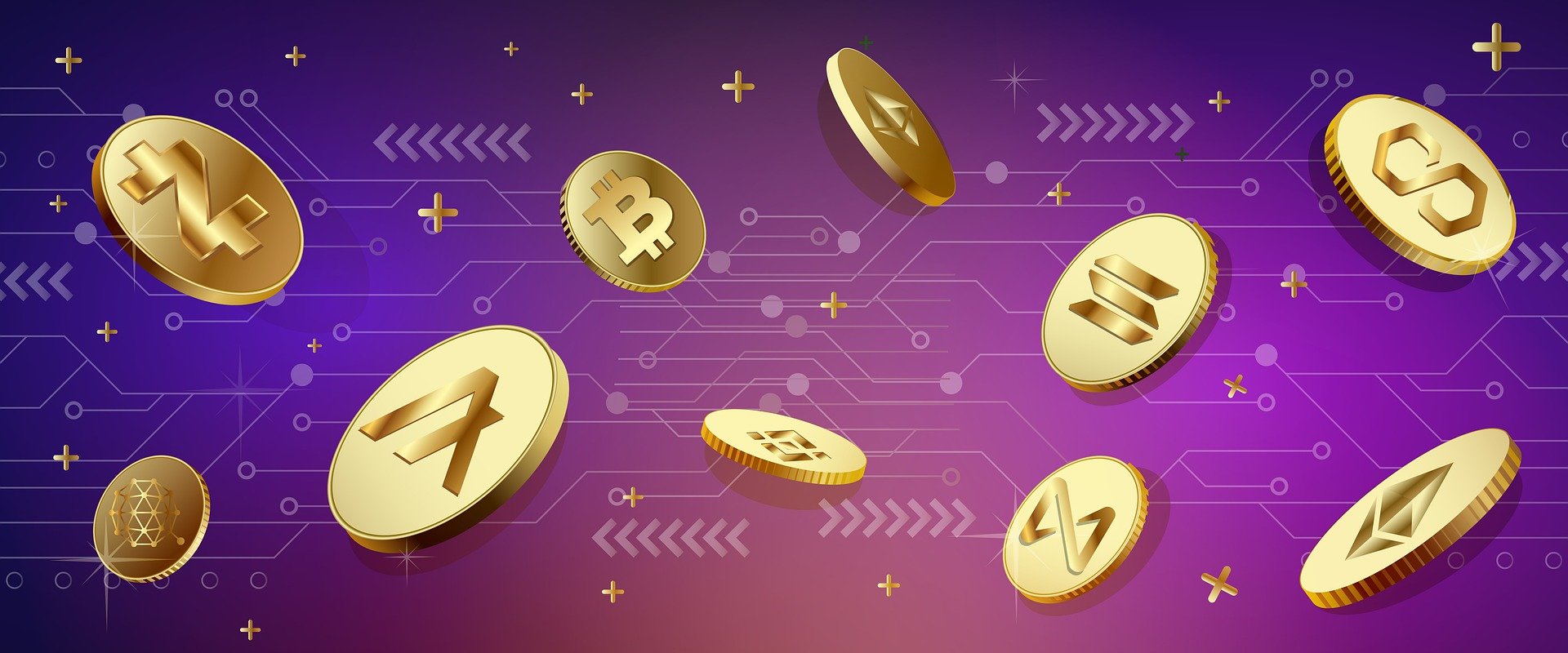
Blockchain: What is Decentralized Finance?
Decentralized Finance (DeFi) is the terminology used in the blockchain domain. It is a complete system of working applications and protocols. Decentralized finance also known as Defi, eliminates mediators by enabling people, vendors, and businesses to perform financial bargains through new technological advancements. This is attained through peer-to-peer monetary networks that make use of security protocols, connections, software, and hardware developments.
Defi is a growing monetary technology solely based on the similar distribution of ledgers to that of cryptocurrencies. The system helps to eliminate the control banks have over financial products, money, and financial services. There are some key attractions for consumers which are;
1. Requires no permission: Once you have a secure internet connection then you can use it without seeking approval
2. Instant transactions: Transfer of funds is done within the twinkle of an eye.
3. Transparency: It is inclusive and users on the blockchain can verify the activities on the network. It gets rid of the fees banks and other financial institutions charge for making use of their services.
4. Asset custody: Your money is kept in a secure digital wallet instead of taking it to the bank.
In order to have an understanding of DeFi, you first have to understand what centralized finance is. With centralized finance, third parties are involved and your money is kept in the bank whose priority is money-making. Take for instance, in the quest of making a transaction, you get charged instantly from the merchant to the bank allowing all parties to have their gains.
Today, nearly every facet of banking, lending, and trading is regulated by centralized systems or performed by governing bodies. Regular customers need to deal with a range of financial mediators to get access to everything from auto loans and mortgages to trading stocks and bonds.
Regulatory bodies like the Federal Reserve and Securities and Exchange Commission (SEC) impose the rules for the world of centralized financial institutions and brokerages, and the rules are amended over time. As a result of this, there are limited paths for consumers to get access to capital and financial services directly. They dare not bypass the middlemen who are the banks, exchanges, and lenders who all have a percentage of every financial and banking transaction as their profit.

Cryptocurrencies and Blockchains
Cryptocurrencies and blockchains are the core technologies that enable Decentralized Finance (DeFi). In a Centralized financial (CeFi) or traditional finance system, we have today, when you make a transaction in your formal account, it gets documented in a confidential ledger of your banking transaction history which is acquired and overseen by a third party, usually a financial institution. Today, Blockchain has disrupted that system, making it a decentralized, distributed public ledger where financial transactions are recorded in a computerized code.
Blockchain distributes this ledger to all parties making use of a DeFi application, where all parties have a similar copy of the public ledger, that records all transactions in an encrypted code. This protects the system by giving users anonymity, plus verification of payments and a record of property ownership which is nearly impossible to manipulate by any fraudulent act. The blockchain is decentralized, which simply implies that there is no third party involved who is managing the system.
DeFI is making its way into a vast diversity of simple and complicated financial agreements. It is powered by decentralized Bitcoin (BTC) and Ethereum (ETH). While bitcoin remains the most popular, Etherium is more adaptable to a wide variety of uses.
Benefits of Cryptocurrency
The Crypto market operates 24/7: As compared to the traditional stock market that opens and comes to a close at a certain time of the day, the crypto market is constantly open. Also, if your trade is not going as you would like, you can end the trade before you lose all your proceeds.
Hedge against a falling FIAT (country currency): Local currency can be inconsistent, and your income can be made befitting by hedging it with crypto when FIAT is depreciating.
No Entry Barrier – Anyone at any time point can access crypto trading, regardless of your status (housewife, trader, student, businessman, or woman, etc) in any part of the world. There are no gatekeepers or country or regulating agencies describing who is allowed to trade and who is not permitted. You can actually start with as low as $10 to make profits.
Crypto is the future of Finance: Cryptocurrency is acutely the future of finance, and it will disrupt many industries. It offers traders very special and distinctive features lacking in traditional financial markets. it operates without third parties such as banks, clearinghouses, or insurances. It works with smart contracts and allows complete global and transparent transactions.
Risk factors to consider in Decentralized Finance (DeFi)
In as much as DeFi is an emerging phenomenon, it comes with a lot of risks. Some risks associated with Defi include;
1. Lack of consumer protection: DeFi thrives in the absence of rules and regulations. And this also implies that users may have limited alternatives should a transaction go wrong. Banks are expected by law to keep a certain amount of capital as reserves, to be able to maintain stability and get you cashed out of your account any time the need arises. No similar protections as such exist in Defi.
2. Hackers are threats to DeFi: While it is almost impossible to alter a blockchain, Defi has a large risk factor that can lead to theft or fund loss. This is easy because Defi users rely on a software system that is vulnerable to hackers.
3. Defi requires a private key: with cryptocurrency and DeFi, you are required to secure your wallets with codes that should be known to only you. When a private key is lost, you lose your fund. Private keys are hard to recover.
DeFi has a long way ahead, especially when it comes to uptake by the public.

5 Comments
Rob
Nice and straightforward explanation – bravo!
Ogalady
We are giving our best to connect the dots as simple as possible.
What happens if the Dollar is disregarded as a benchmark currency?
[…] undergone currency substitution. It is also the reason why more countries and people are opting for decentralized finance (DeFi). Here are some benefits of currency substitution:1. Encourage Foreign Investment: Foreign investors […]
How secure are DIGITAL WALLETS - OGALADY
[…] Digital wallets, or e-wallets, have become increasingly popular over the years as a convenient and secure way to store and manage our money. With the advancement of technology, digital wallets have become an essential tool for many people to make online purchases, pay bills, transfer funds, and even make contactless payments in physical stores. However, with the rise of cybercrime, many people are wondering how secure these digital wallets really are. […]
What happens if the Dollar is disregarded as a benchmark currency? - OgaLady
[…] undergone currency substitution. It is also the reason why more countries and people are opting for decentralized finance (DeFi). Here are some benefits of currency substitution:1. Encourage Foreign Investment: Foreign investors […]